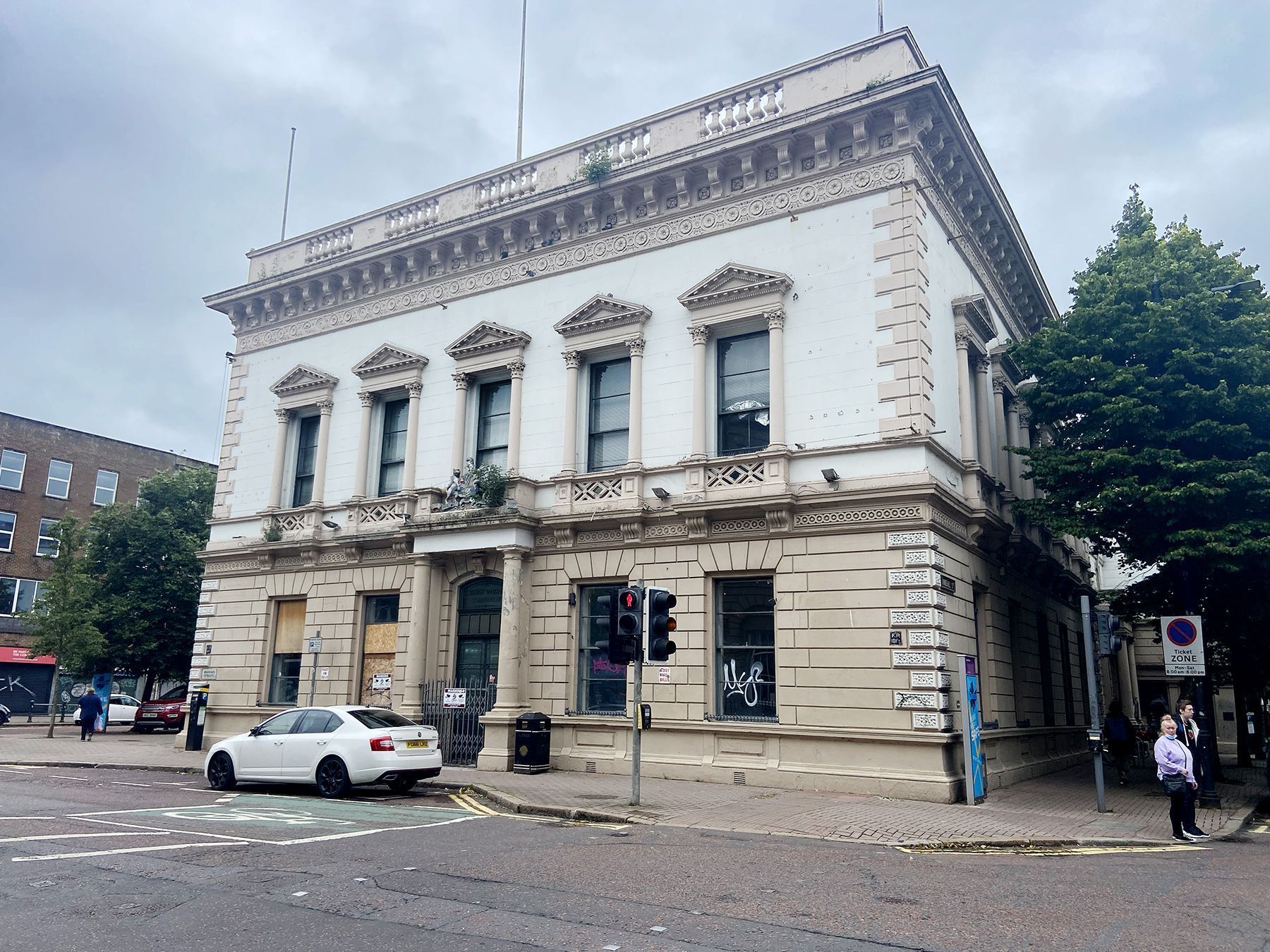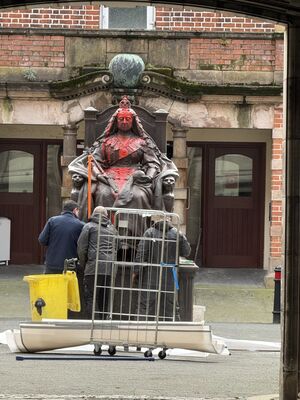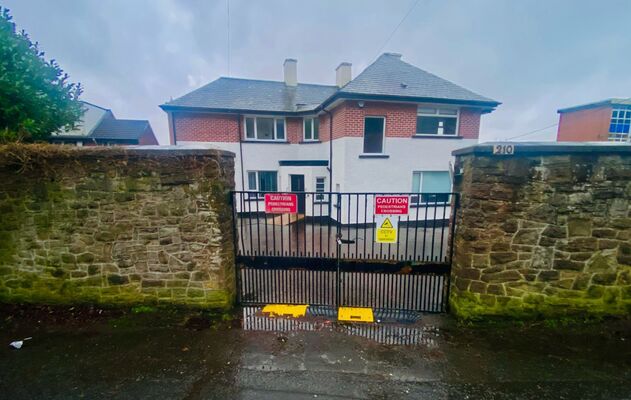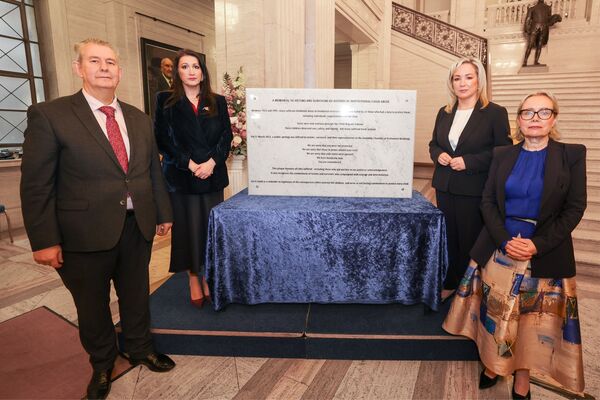BELFAST’S historic Assembly Rooms could be a new cultural hub in the city centre, according to the campaign group leading the call for its restoration.
One of Belfast's most historic buildings, the Assembly Rooms was originally built in 1769 and lay at the centre of the 18th century town and became pivotal during Belfast's cultural life during the Enlightenment era.
Now lying derelict, campaigners are hoping to restore the building to its former glory and are calling on the City Council to buy the building.
John Gray from the Assembly Rooms Alliance, however, says that every day that passes “the building decays further and becomes ever more endangered”.
“We still believe that the best option for the building is for it to come into Council ownership,” he said. “If that does happen the Council will have to consider the various possible options for the use of the building. Here we will remind those involved that the Assembly Rooms Alliance has campaigned for the building to be saved for "public and cultural purposes", and hence would bitterly oppose any leasing of the building for private and non-cultural purposes.
“What we have proposed is that the building should be leased to a new over-arching trust which would have responsibility for renovating and developing the building for multi-faceted cultural purposes.”
John said the Alliance have been clear on its preferred use of the building and which can give it a viable future. These are:
The magnificent banking hall can accommodate audiences of 200 or more and can become the venue for concerts, conferences, exhibitions, theatre and private functions.
Exhibition space will also explore the history of the building and of Belfast in the Enlightenment era.
The proposed Museum of the Troubles and Peace has also emerged as the prime candidate to be the lead tenant in the rest of the building.
The Assembly Rooms offers a central and neutral venue.
“We have been open and public about our proposals,” said John. “If there are other proposals we are unaware of them. If or when the time comes for the Council to do its options appraisal it is vital that all proposals should be open to public scrutiny. We would expect that for ourselves. Others should expect no less.”







